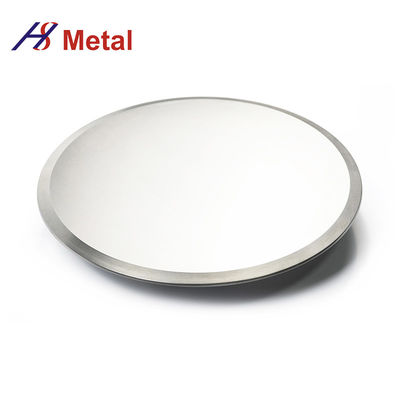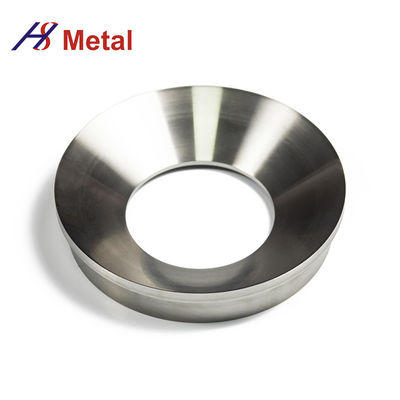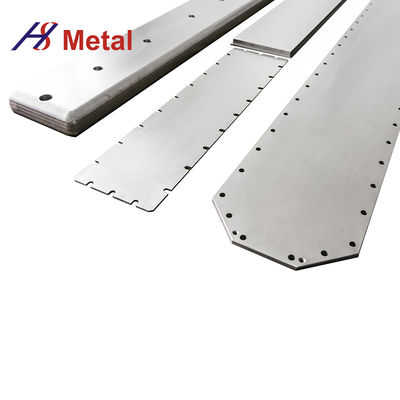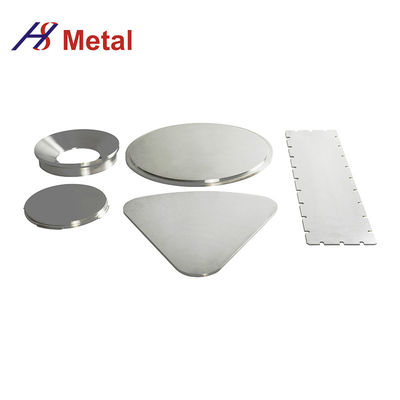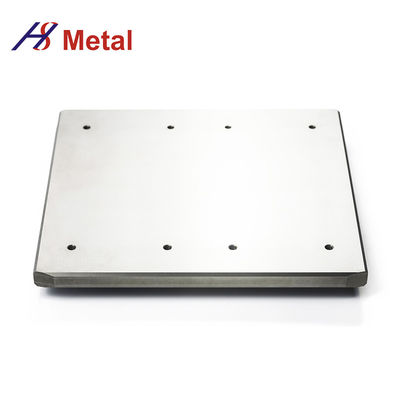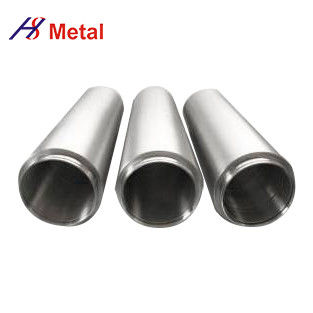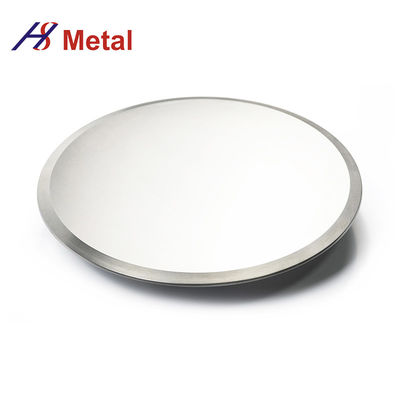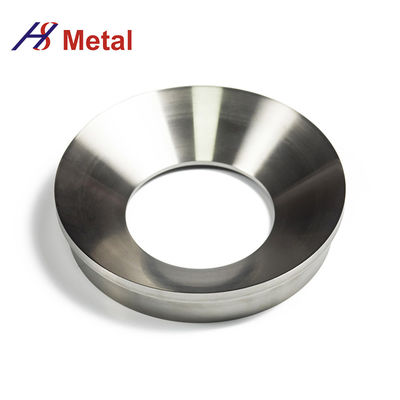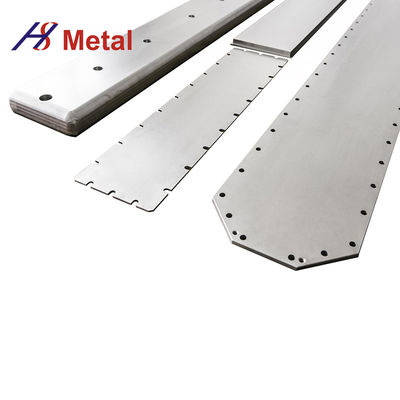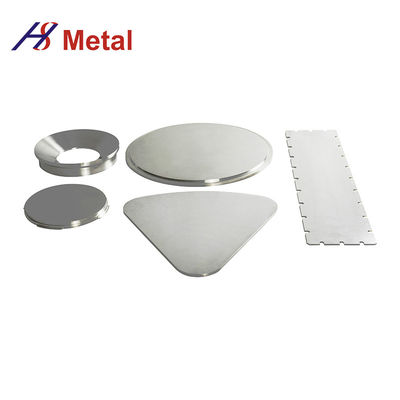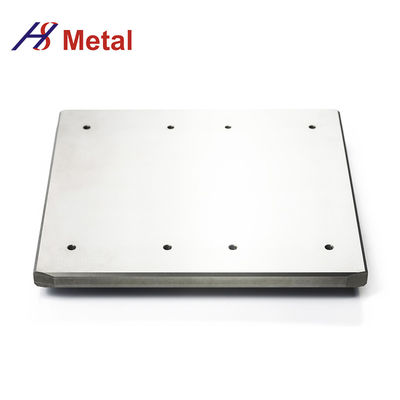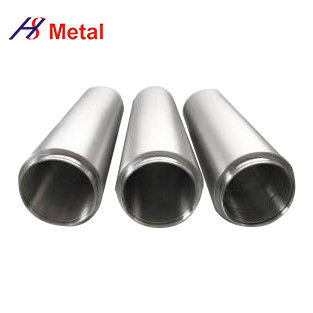-
 John WilsonHypersolid Metal Tech Co., Ltd is a very responsible company that can effectively solve our problems. I hope there will be opportunities to work together in the future.
John WilsonHypersolid Metal Tech Co., Ltd is a very responsible company that can effectively solve our problems. I hope there will be opportunities to work together in the future. -
 miaThis company is the best I have ever seen. The company's employees are particularly enthusiastic and able to respond and meet our needs. If there is a need in the future, I will still work with you!
miaThis company is the best I have ever seen. The company's employees are particularly enthusiastic and able to respond and meet our needs. If there is a need in the future, I will still work with you!
Molybdenum Sputter Targets Sheet Round Square Triangular Sheet Pure Molybdenum Tube

Contact me for free samples and coupons.
Whatsapp:0086 18588475571
Wechat: 0086 18588475571
Skype: sales10@aixton.com
If you have any concern, we provide 24-hour online help.
x| Atomic Weight | 95.94 | Diameter | 10~100mm |
|---|---|---|---|
| Hs Code | 81019500 | Melt Point | 2620 °C |
| Mo Purity | 99.95% | Product Standard | ASTM B386, GB/T3876 |
| Working Temperature | 700~1400C | Young'S Modulus | 329 GPa |
| High Light | round molybdenum sputtering target,pure molybdenum sputtering target,round molybdenum sputtering |
||
1,Description:
Material: Molybdenum sputter targets are made from pure molybdenum (Mo) metal.
Density: Molybdenum has a high density, typically ranging from 10.2 to 10.3 grams per cubic centimeter (g/cm³).
Melting Point: Molybdenum has a very high melting point of approximately 2,623 degrees Celsius (4,753 degrees Fahrenheit), which allows it to withstand high-temperature sputtering processes.
Thermal Conductivity: Molybdenum exhibits good thermal conductivity, facilitating efficient heat dissipation during sputtering.
Electrical Conductivity: Molybdenum is a relatively poor electrical conductor compared to materials like copper or aluminum.
2,Specifications:
| Property | Description |
|---|---|
| Material | Pure Molybdenum (Mo) |
| Density (g/cm³) | 10.2 to 10.3 |
| Melting Point (°C) | Approximately 2,623 |
| Thermal Conductivity (W/m·K) | 138 to 142 |
| Electrical Conductivity | Relatively poor electrical conductivity |
| Purity | Typically 99.95% to 99.99% or higher |
| Grain Structure | Fine-grained structure |
| Corrosion Resistance | Excellent resistance to corrosion and oxidation |
| Coefficient of Thermal Expansion (CTE) (ppm/°C) | 4.8 to 5.3 |
![]()




